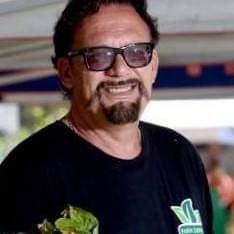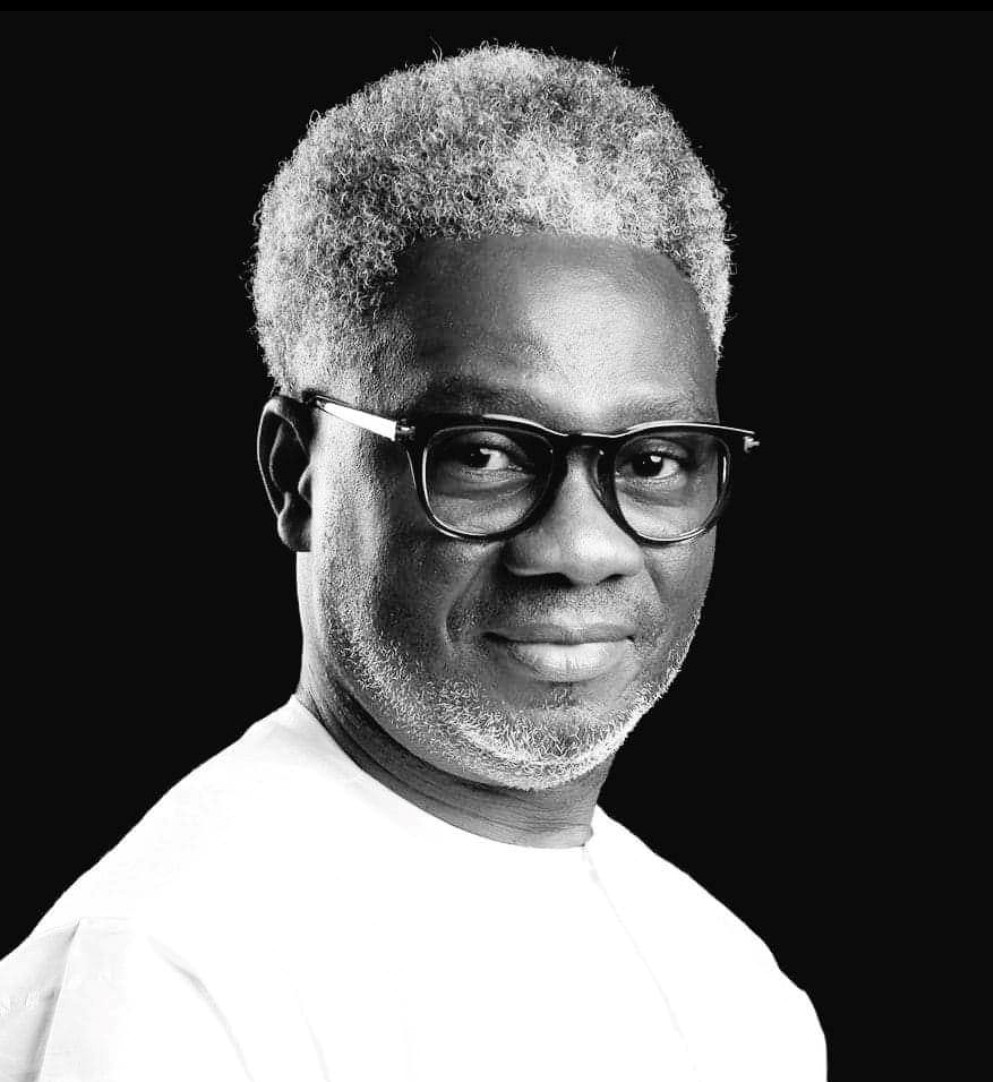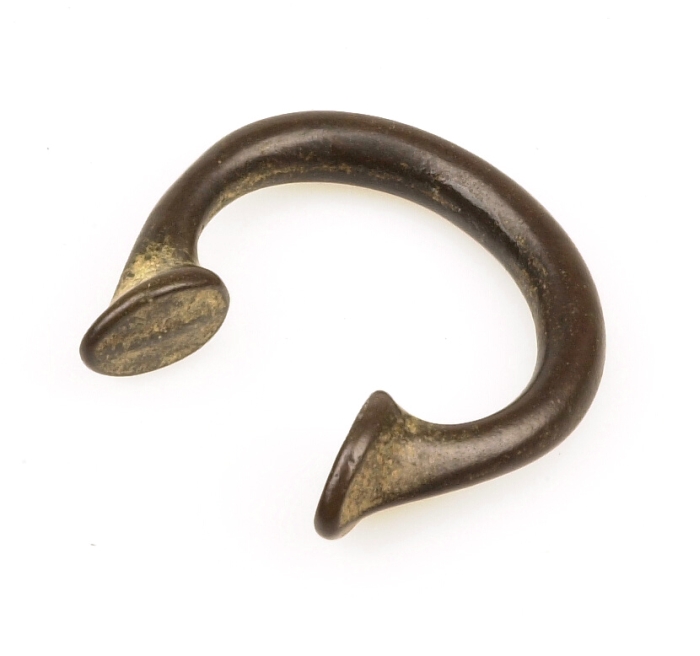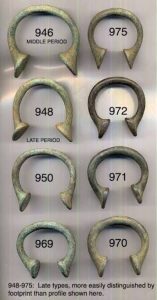In my 20 years in the political arena, I have side stepped the main debate, simply because I have been unable to find a middle row, a path we can tread in a united way, as a united people.
In 2007 as a lead senate candidate for a political party, I was asked to do a senate submission on Multiculturalism, so when studying the issue, I tried to ignore the terrible images we have all born witness to, of some of the practices in Muslim nations.
Beheadings, mutilation, child brides, abuse and terrorism in general.
I chose to study world-wide immigration, its successes and its failures, finding at first, the concept of installing a strong national identity in destination countries appeared lacking and part of the cause of any division and lack of ability to enjoy social harmony.
The problem with that study, is that it showed a clear issue with Muslim immigration, when yearly quotas were higher than immigration from non-Muslim nations.
The introduction of Multiculturalism had merit and substance until it became more about the rights and feelings of the immigrant rather than the host nation, resulting in the demise of any National Identity taking with it, social integration.
Reflecting now on those images of atrocities in Muslim nations, I could see good reason for people wishing to flea to safer destinations, but it became hard to understand the changes in host nations, with the rise of Muslim numbers.
There were clear issues presenting themselves regardless of the receiving nation, at certain levels of Muslim numbers, when studying western nations immigration numbers and the issues they were enduring.
At certain percentages the same issues arose regardless of the destination of Muslim immigration numbers.
I started to wonder if the issue related to numbers only, and if quotas had been kept lower, smaller numbers may be able to integrate, or was it the case that control over the direction taken by Muslim immigrants in host nations, was able to be manipulated by certain sections of their community.
It seemed impossible to believe all those of a certain faith can all hate, and that the hate is aimed at those nations they flee to. So is the problem something that can be overcome from with in their communities, or it this a case of religious intolerance of our ways.
The frightening issue now, is that we are being told that even looking for an answer is wrong, and we must just accept, not question nor change anything.
The UN want to make it an international crime to question immigration, our government and media sources, even Facebook are doing the same, which paints a sorry picture for all involved.
It is indeed interesting that integration is a two-way street, yet we see it becoming one way, where we are expected to be accepting of the immigrants ways, yet if we demand the same, we are labelled and shut down.
The use of the terms “right winged” “racist” and islamophobia are used to shut debate, yet the questions we may have are not race based, phobia based or defined to either side of politics, they are genuine social concerns, of people who are protected to ask questions in a genuine democracy, and under its constitution.
Many other issues are a part of mass immigration, where we see tight communities/enclaves excluding the host nations people, the importation of their own food, textiles and products, undermining local production, again dare we debate or question.
In Australia at just over 3% we see calls for the adoption of sharia law, exemptions to our animal welfare standards, and an increased push to be accepting of their ways, yet to ask that they understand and adapt to our social values, laws and standards is regarded as racist.
In the UK as we could clearly see in other nations like Germany and France, when numbers reached over 6% and headed towards 10% in population numbers, a range of specific issues arose, and continued to increase, where those who had immigrated, wished to change the host nations laws and social values to be more in line with the values they enjoyed (or not) in the nations they immigrated from.
It seems fair to say, that with the rise of Muslim immigration numbers, where a strong national identity is not retained, issues arise, maybe not with all those who chose to immigrate, but as an overall numbers game, problems rise with the percentages with in host nations.
No nation can survive if it is ripped apart by fundamentally opposing ideologies, values and/or belief systems. I love my nation how it was, so I have every right to question anything that changes where it is heading.
In Australia many different cultures have united over time, some easier than others, but in every case it was all about culture, with Islam, we are dealing with religion, rather than culture’ it is no longer about the difference in looks, diets, language or culture, but about a religion that dictates not only a way of life but also value of life, politics and law, making Muslim integration so much harder in democratic western societies.
The change we need is open debate that is heard by our legislators, a change in how we attempt to install our national identity and ways to safe guard our social values.
To consider we lower or halt immigration until we can find a united and compassionate way forward is not an uneducated idea, doing nothing and having restrictions placed on open debate is also doing nothing to bring change, more so it encourages further division.
Tolerance is a two-way street, so until we see a change coming from with in the Muslim community to overcome the division, excuses do little to bring change.
The fact is, even if we ignore the Muslim issue, immigration quotas are fair debate on a variety of fronts, jobs, health care, housing, education and services in general.
The left does not own the debate, nor do the UN, we live in a democracy where our free speech is guaranteed by our founding documents, because representative democracy requires open and free dialog on all social and political issues.
Real time polls clearly show, most people are concerned, and they have every right to be, because the facts are the facts, immigration is changing our nation. So, it is time our politicians listened to us, and those who refuse, or work to shut down our voices, ought to be voted out of power.
Mark Aldridge, political and rights based activist



















